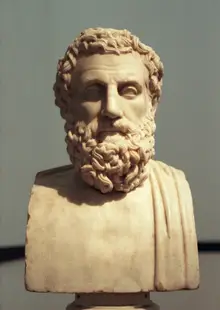
Aeschylus
Aeschylus was an ancient Greek tragedian often described as the father of tragedy. Academic knowledge of the genre begins with his work, and understanding of earlier Greek tragedy is largely based on inferences made from reading his surviving plays. According to Aristotle, he expanded the number of characters in the theatre and allowed conflict among them. Formerly, characters interacted only with the chorus.
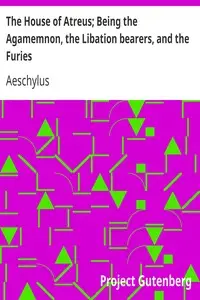
The House of Atreus; Being the Agamemnon, the Libation bearers, and the Furies
In a time of ancient Greece, a family is caught in a web of revenge, doomed by fate and their own terrible choices.
By Aeschylus
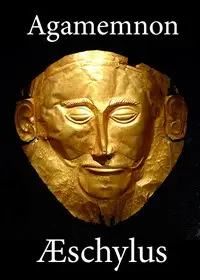
The Agamemnon of Aeschylus Translated into English Rhyming Verse with Explanatory Notes
A king's triumphant return becomes a death sentence as a queen seeks vengeance for the lives sacrificed in war.
By Aeschylus
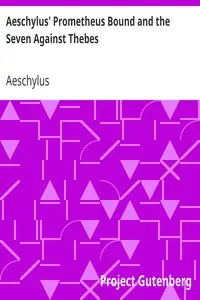
Aeschylus' Prometheus Bound and the Seven Against Thebes
In a world of gods and mortals, one defies authority for humanity, while another faces a city under siege, both leading to unavoidable tragic ends.
By Aeschylus
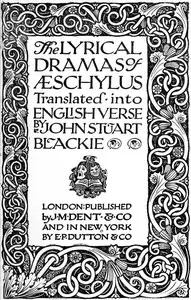
The Lyrical Dramas of Aeschylus Translated into English Verse
Step back in time and experience the raw emotion and lyrical beauty of ancient Greek dramas, reimagined in English verse, where humans wrestle with fate and justice.
By Aeschylus
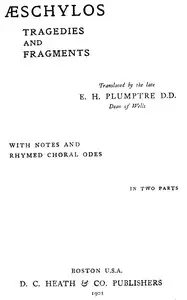
Æschylos Tragedies and Fragments
Experience the drama of ancient Greece as kings, warriors, and gods clash in a world of fate and tragedy.
By Aeschylus
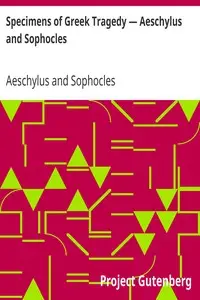
Specimens of Greek Tragedy — Aeschylus and Sophocles
Experience the stories of gods and mortals clashing in this historical collection of ancient plays exploring themes of fate, morality, Greek theater, and the depths of human suffering.
By Aeschylus
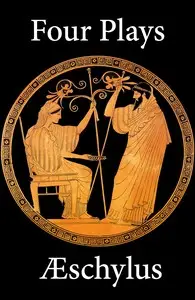
Four Plays of Aeschylus
Witness the struggles of ancient heroes and mortals as they grapple with fate, justice, and the wrath of gods amidst epic conflicts and tragic downfalls.
By Aeschylus
